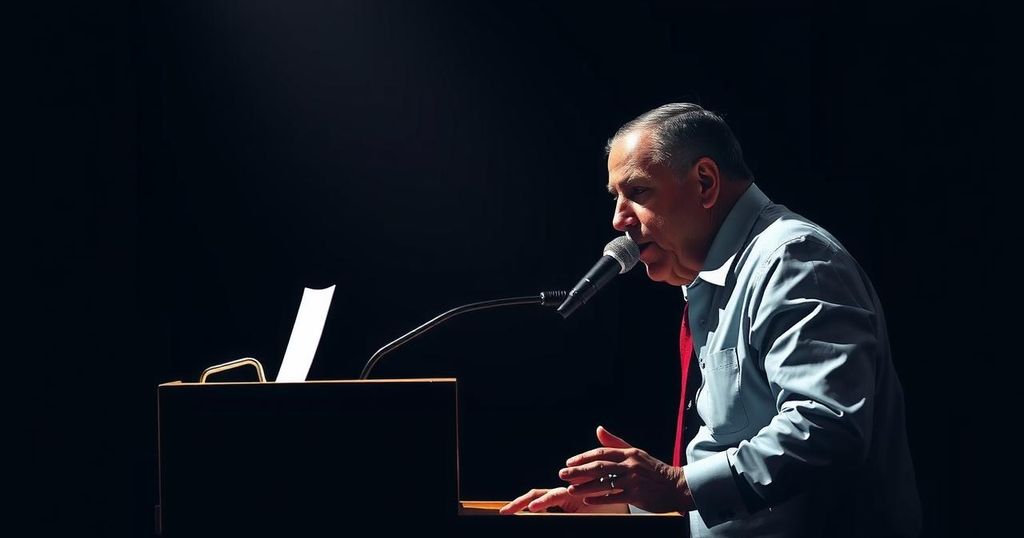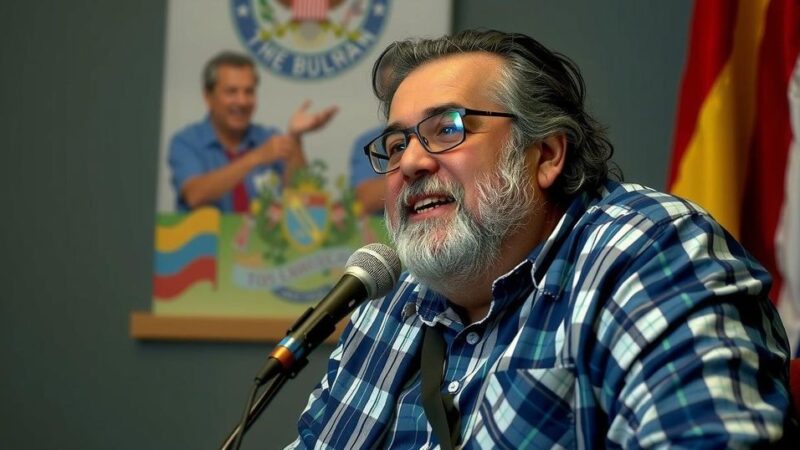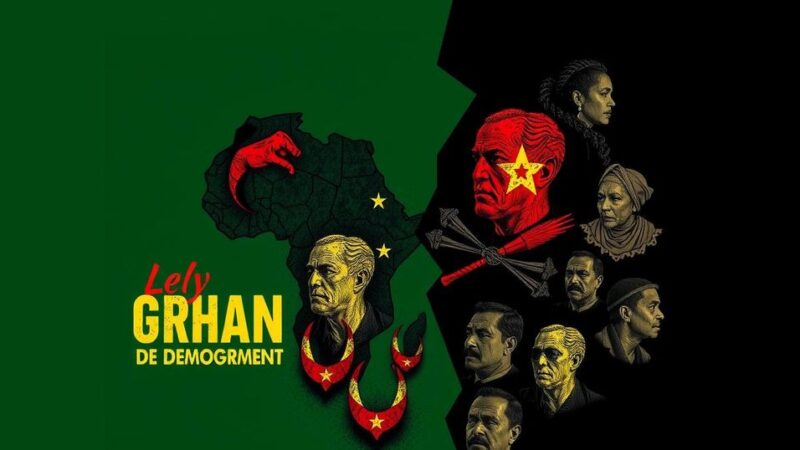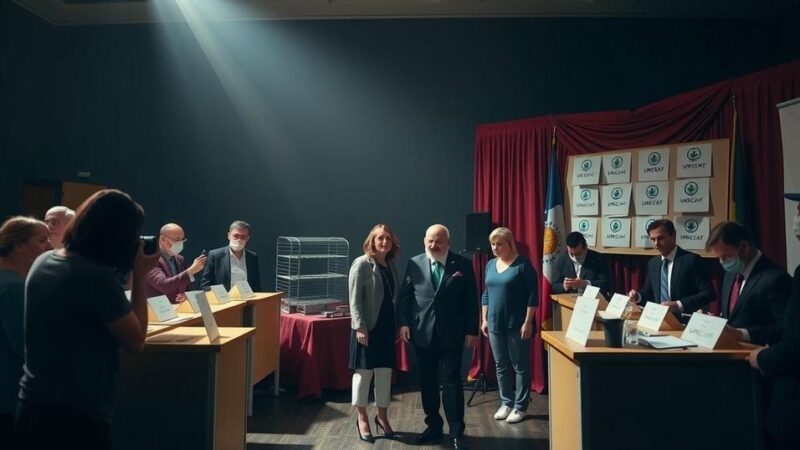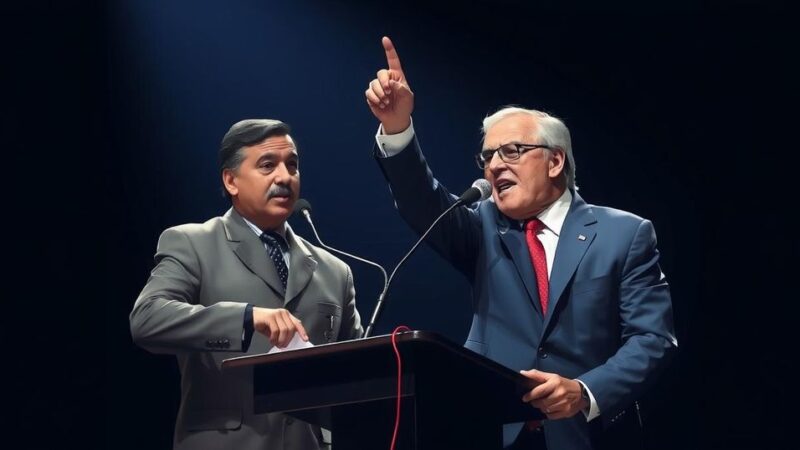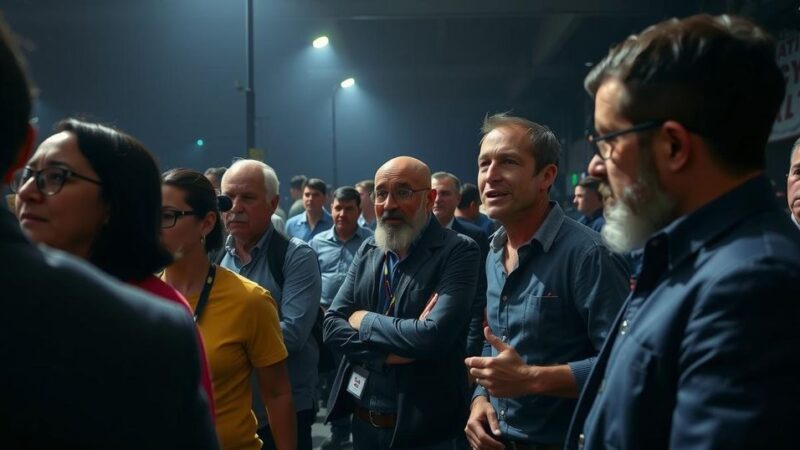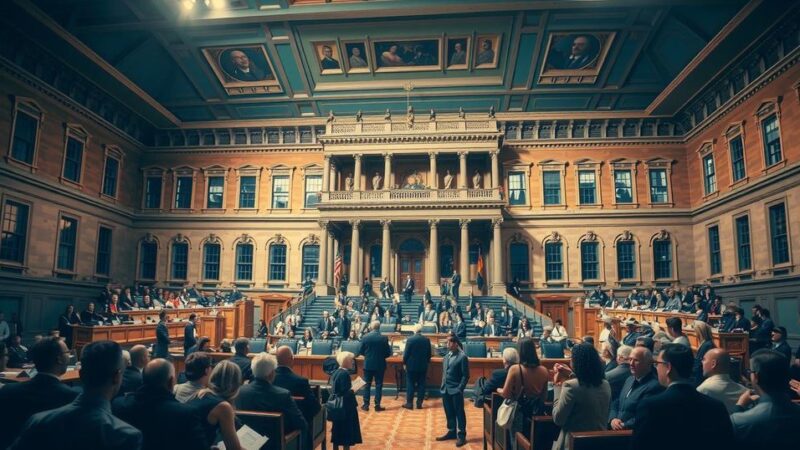Uruguay will conduct a tightly watched presidential runoff on Sunday, pitting center-left candidate Yamandu Orsi against conservative Alvaro Delgado. With polling suggesting a close race, neither candidate has made significant new promises to sway undecided voters. The election signifies a departure from tumultuous political landscapes seen in neighboring countries, reflecting Uruguay’s historically moderate politics.
Uruguay is set for a closely contested presidential runoff as voters prepare to cast their ballots between center-left candidate Yamandu Orsi and conservative Alvaro Delgado on Sunday. Orsi, representing the Broad Front, seeks to guide the nation with a “modern left” approach, having secured 43.9% of the initial vote. His opponent, Delgado, backed by the National and Colorado parties, garnered 26.8% and aims to maintain the current government’s trajectory, led by the popular President Lacalle Pou. With polls indicating fewer than 25,000 votes may separate the candidates, the election reflects Uruguay’s stable political climate, standing out from the polarization seen in neighboring countries. While both candidates appeal to unaligned voters and those who abstained previously, the outcome remains uncertain.
Uruguay, a nation known for its political stability and liberal policies, will hold a pivotal second-round election, concluding a significant year of electoral engagements. This runoff is characterized by relative calmness in contrast to the political discord observed in other South American nations. The candidates, Orsi and Delgado, are vying for governance in a scenario where neither coalition commands an absolute majority in the legislature, complicating the anticipated governance dynamics. With economic concerns affecting voter sentiment globally, the election could demonstrate either a continuation or a shift in Uruguayan political direction.
As Uruguay prepares for a decisive election, the outcome will not only determine its next president but may also signal broader implications regarding voter sentiment and party stability amidst economic challenges. Candidates Orsi and Delgado reflect distinct political ideologies, yet both navigate a uniquely Uruguayan context characterized by relative political concord. The nation’s ability to maintain its economic momentum while responding to the demands of an evolving electorate will be pivotal in shaping its future governance.
Original Source: www.ndtv.com
